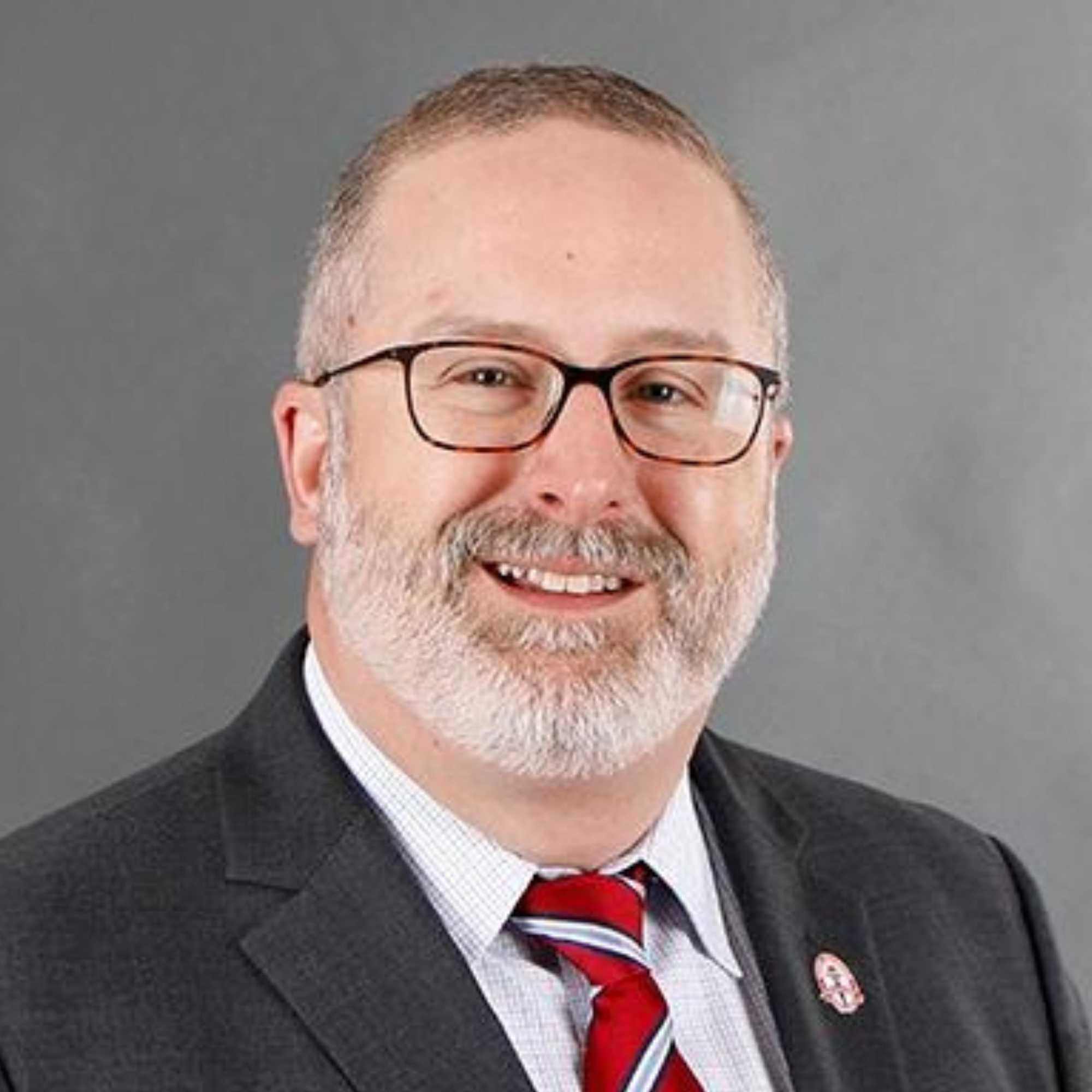I live in Tigerville, S.C., which is a rural crossroads of about 2,100 residents nestled in the southern foothills of the Appalachian Mountains. It is home to North Greenville University, where I work as a professor. Tigerville is part of the Greenville metropolitan area, which includes around 568,000 people. But like so many of the smaller communities in the region, Tigerville is its own place with its own people and its own history.
We aren’t used to hurricanes here, though occasionally we catch the outer bands of a storm that hits the coastal part of the state. We knew Hurricane Helene was a huge, fast-moving storm that would affect much of the Southeast. We expected heavy rain and moderate winds. But we had no idea that the storm would turn and pass directly through our area during the early morning last Friday until a few hours before it happened.
By the time Helene had passed through the Greenville area, more than 1 million South Carolinians were without power. This included every resident in Tigerville and the other small communities around us. There was no internet service. Some had no cell service, either. Almost every river and creek in our region was flooded. Countless trees were down, many of them on top of houses, sheds, and vehicles. There was chaos all around. Yet, we soon learned that the damage and loss of life was far worse for folks just a half-hour north of us in the western North Carolina mountains.
Though the storm was devasting, I’ve been encouraged to see the people of Tigerville caring for one another during this time. We are a farming community. So, it was no surprise when residents grabbed their chain saws and other equipment to help clear fallen trees in the neighborhood and then loaded up their pickup trucks to remove debris. Some folks also drove to nearby communities where there were similar needs.
Click Here To Read More (Originally Published at World Magazine)
Nathan is a professor of faith and culture and directs the Institute for Transformational Leadership at North Greenville University in Tigerville, S.C. He is a research fellow for the Ethics and Religious Liberty Commission and is senior editor for Integration: A Journal of Faith and Learning. He also serves as teaching pastor at the First Baptist Church of Taylors, S.C.

